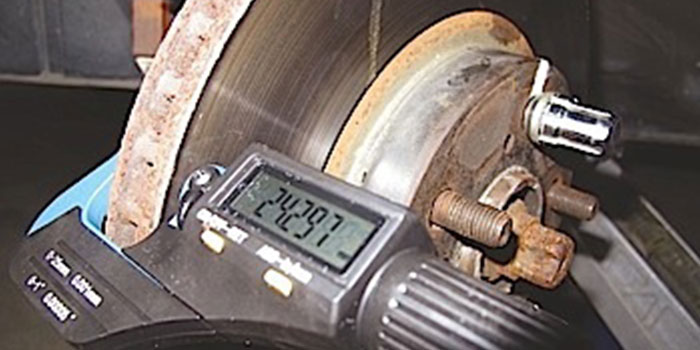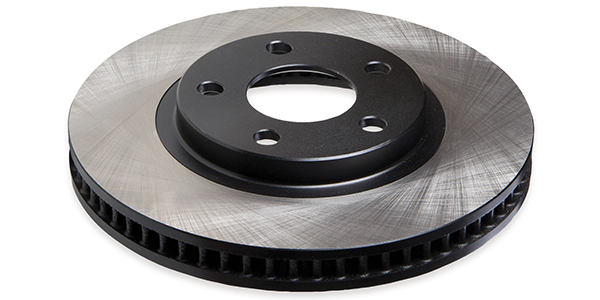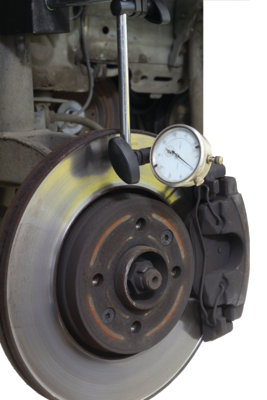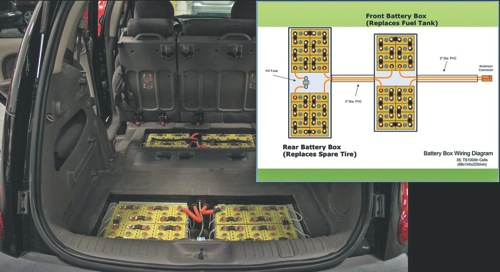New Or Old, Rotors Must Be Measured
Installing new rotors without ever measuring and documenting the condition of the old rotor is like playing chicken with a comeback. Sooner rather than later, you will find a vehicle that will not be magically fixed by a new set of rotors. In fact, the new rotors may cause even more problems and lead to an unsatisfied customer.

Change Your Mind When It Comes To Rotor, Pulsation Comebacks
How do you handle a pulsation or comeback? Blame the pads? The driver? Defective rotor?

Under Cover: Measure Three Times, Shim and Cut Once
Stop pulsation comebacks before they start.

Converting the Masses: Turning a Gas Powered Vehicle into an EV
While some will choose to purchase a new EV, there has been a growing group of enthusiasts who would rather convert or have someone else switch their petroleum-burning vehicles into electric drive.

Real World: Boosting Your Career with Turbocharger Service
One of the most common causes of poor turbo performance is bad shaft bearings, which often results in rubbing or binding between the compressor and turbine wheels and their housings.
Truck Stop: Start Your Engines — Tips for Winterizing Heavy-Duty Diesels
Diesels like it hot. Although a heavy-duty diesel engine can power a truck, locomotive or even an oil rig, it still needs some TLC in preparation for cold temperatures.
Undercover: Bearing the Load
When engineers came up with the idea of putting the wheel speed sensor (WSS) and tone ring inside a sealed wheel bearing hub assembly, it seemed like a great idea. The sealed environment would help protect the sensor and make it less vulnerable to damage or contamination from the outside world.
Picking up Bad Vibes: Diagnosing a Shake, Rattle & Roll
Adapted from Larry Carley’s Article in Brake & Front End
Tire Talk – Handling the Load Wheel Bearing Diagnosis
Although wheel bearings are often the most neglected part of the vehicle, they nevertheless have a critical job to do, and in most cases, do it very well. Not only are wheel bearings designed to support the weight of the vehicle and allow it to travel over a road with a minimum of rolling friction,
The Science of Stopping
Adapted from Larry Carley’s article in BRAKE & FRONT END
